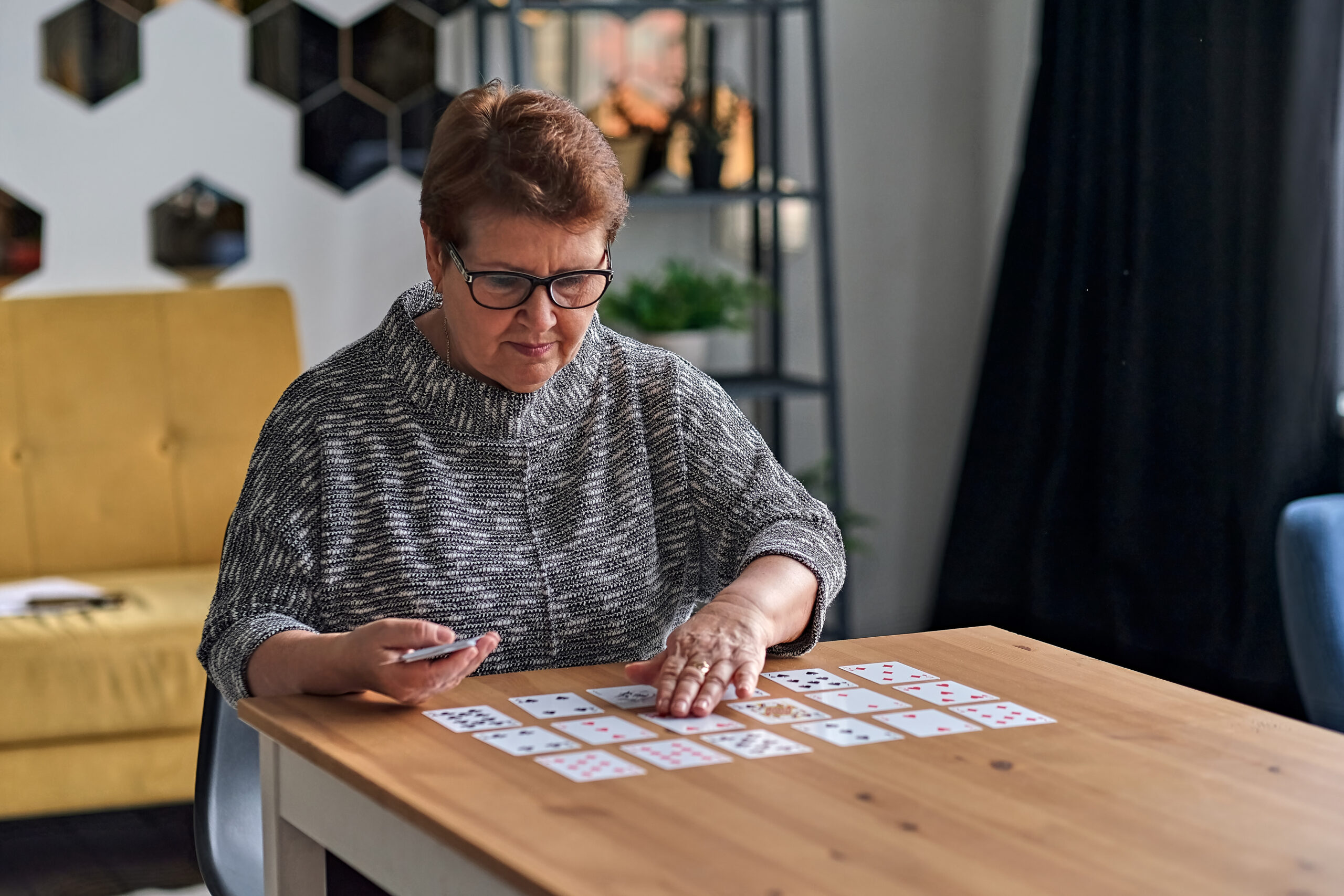How do you address the impact of fecal accidents on quality of life for people with dementia and caregivers
Fecal accidents, also known as fecal incontinence, happen when a person loses control over their bowel movements. This can be especially challenging for people with dementia and those who care for them. The impact on quality of life is significant, affecting not just physical health but emotional well-being and social connections too.
**Understanding Fecal Incontinence in Dementia**
People with dementia are much more likely to experience fecal incontinence than others of the same age[1]. As dementia progresses, it can affect memory, judgment, and the ability to recognize bodily signals. This means someone may not realize they need to use the toilet or may forget where it is. Sometimes, they might not even remember how to use it properly.
**How Fecal Accidents Affect Quality of Life**
For people with dementia:
– **Embarrassment and Shame:** Many feel deeply embarrassed about accidents. They might try to hide soiled clothing or avoid social situations out of fear of humiliation[4].
– **Loss of Dignity:** Needing help with toileting can make someone feel like they’ve lost independence and dignity.
– **Social Isolation:** Fear of accidents often leads people to withdraw from friends and family activities[4].
For caregivers:
– **Increased Stress:** Managing frequent accidents adds physical and emotional strain.
– **Time Demands:** Cleaning up after accidents takes time away from other responsibilities or self-care.
– **Emotional Toll:** Watching a loved one struggle can lead to feelings of sadness, frustration, or helplessness.
**Addressing the Impact: Practical Steps**
There are ways to lessen the burden for both individuals with dementia and their caregivers:
1. **Open Communication**
– Talk openly about incontinence without blame or shame.
– Encourage regular bathroom visits by setting reminders or routines.
2. **Home Adjustments**
– Make sure bathrooms are easy to find—use signs if needed.
– Keep extra clothes handy in case an accident happens.
3. **Personal Care Products**
– Use absorbent pads or adult diapers designed for comfort and discretion[5].
– Have cleaning supplies ready in multiple rooms.
4. **Professional Support**
– Consult healthcare providers about possible treatments—some medications or therapies may help manage symptoms[3][4].
– Seek advice from support groups for caregivers dealing with similar challenges.
5. **Self-Care for Caregivers**
– Take breaks when possible; ask family members or respite services for help.
– Remember that seeking support is a sign of strength, not weakness.
**Looking Ahead**
While fecal incontinence is common among older adults—especially those with cognitive decline—it should never be accepted as “just part of aging.” With understanding care strategies tailored specifically toward each individual’s needs (and those supporting them), both dignity AND quality-of-life CAN BE preserved despite these challenges.[1][4]
By focusing on compassion rather than embarrassment—and practical solutions instead-of stigma—we create environments where everyone feels respected regardless-of circumstances surrounding toileting difficulties.[2][3]





